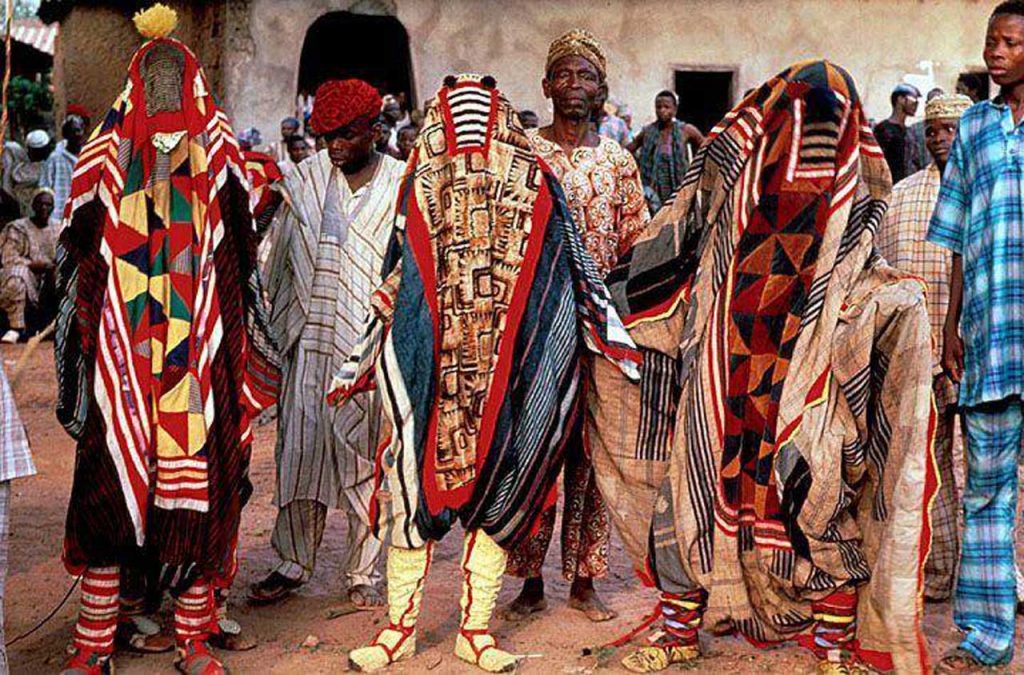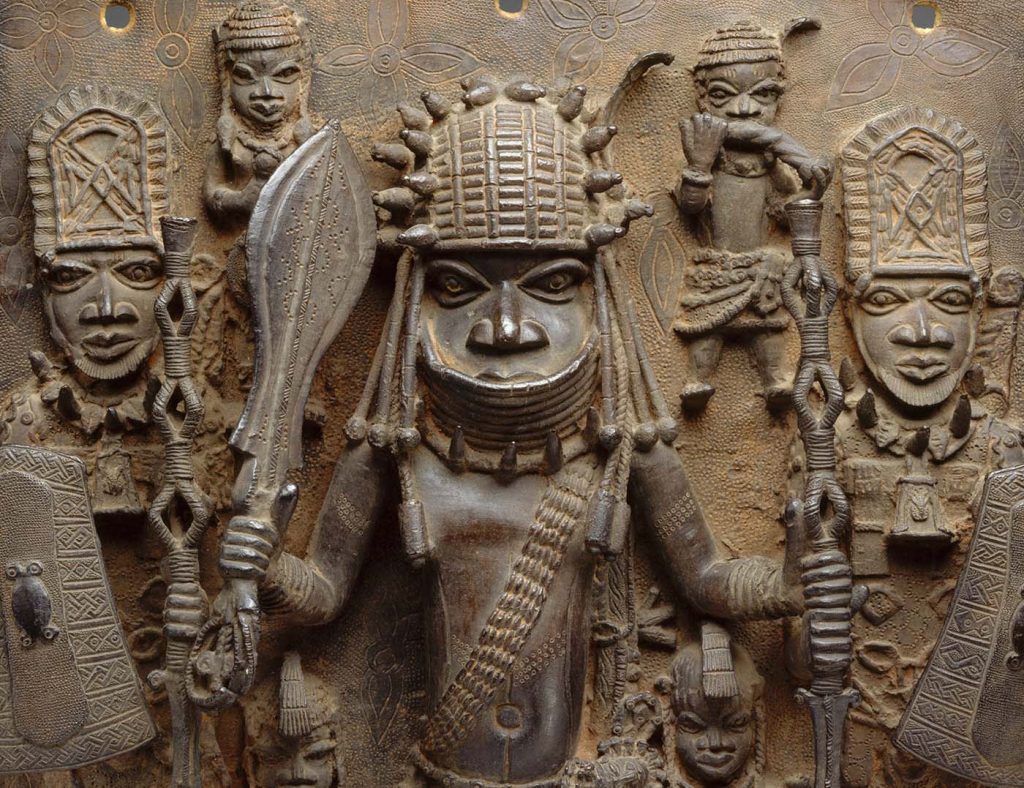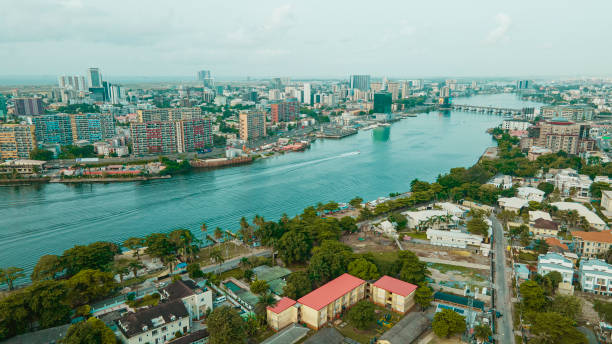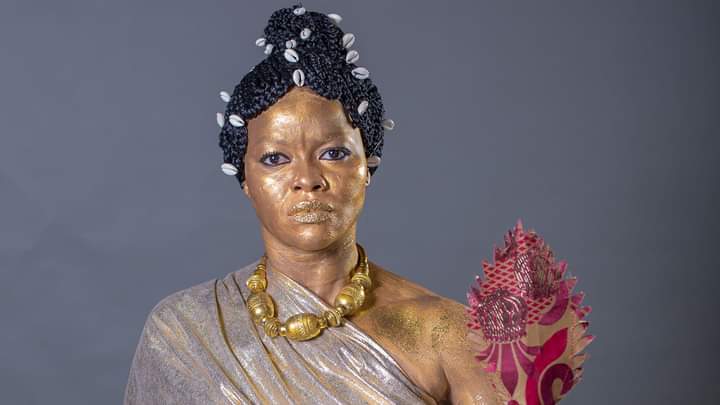The question of who owns Lagos is both historical and cultural, with layers of migration, conquest, and colonialism shaping its identity. To understand the origins of ownership, we must trace the history of Lagos as far back as possible, beginning with its earliest inhabitants.
1. The Awori People – The First Settlers
The Awori, a subgroup of the Yoruba, are widely regarded as the first settlers of Lagos. Oral tradition holds that the Awori migrated from Ile-Ife, the cradle of Yoruba civilization, around the 13th century. Their leader, Olofin Ogunfunminire, is said to have led his people to settle in a swampy area that would later become Lagos Island. The Awori established small communities, engaging in fishing and farming, and named the settlement Eko, which in Yoruba means “war camp” or “settlement.”
2. The Benin Kingdom – Expansion and Influence
By the 15th century, the powerful Benin Kingdom, located in present-day Edo State, expanded its influence westward, reaching the Awori settlements. Under the leadership of the Oba of Benin, the kingdom established political and economic control over the region. The Benin influence introduced new administrative structures and cultural practices, and the name Eko was widely adopted by the Edos.
The Oba of Benin appointed local chiefs to oversee trade and governance, linking Lagos to the vast trading network of the Benin Empire. This influence remained significant until the 19th century, with some traditional rulers in Lagos still acknowledging ancestral ties to Benin.







